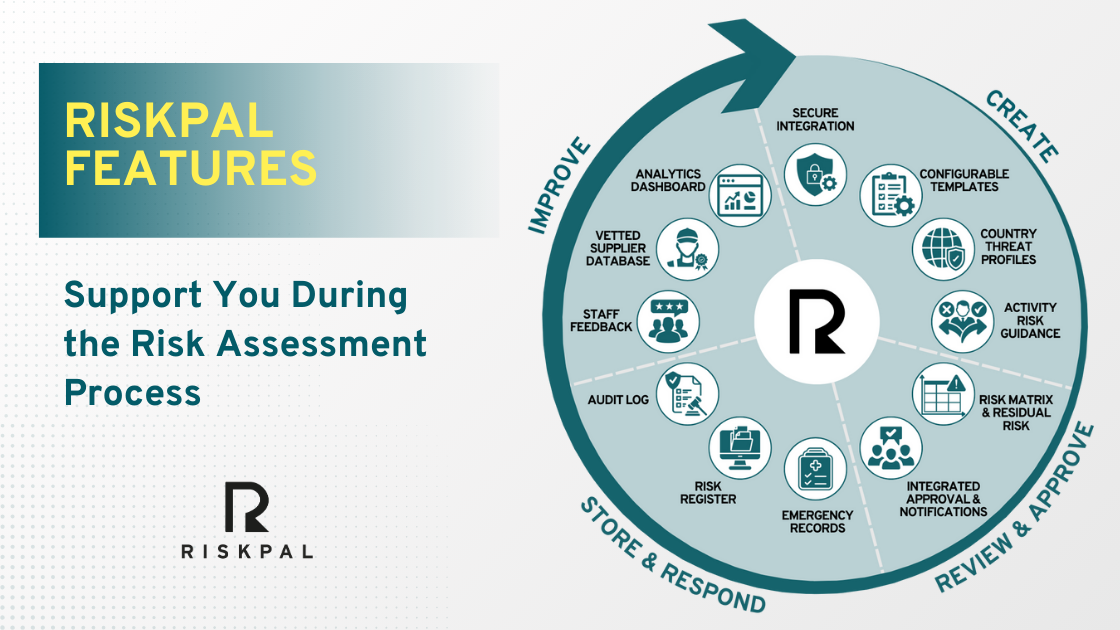Preventing Sexual Harassment: A Guide to Safer Christmas Parties
With the festive season fast approaching, many employers are gearing up for work Christmas parties and other social events. While these events are an excellent way to foster team spirit and celebrate achievements, they also come with legal responsibilities.
As of 26 October 2024, the Worker Protection (Amendment of the Equality Act 2010) Act 2023 introduces a new duty for employers to take reasonable steps to prevent sexual harassment of their employees. This marks a significant shift in how employers must address sexual harassment in the workplace. This includes ensuring the safety and wellbeing of employees at organised social functions held away from the workplace. Failure to comply with these responsibilities can have serious legal and reputational consequences.
What does this mean for employers, and how can they ensure they are meeting these new requirements? Read on to discover practical tips and, at the end, download our free guide for a complete sexual harassment prevention and response plan.

The New Legal Framework for Employer Responsibilities
The legislative update addresses gaps in workplace safety. It places a responsibility on the employer to take a proactive approach in preventing harassment and safeguarding employees in the workplace. Under the new law, employers now have a clear legal obligation to:
- Identify Risks: Employers must conduct risk assessments to identify potential threats of sexual harassment in the workplace, including at work-organised social functions. They should consider risk factors such as alcohol consumption and the presence of third parties like contractors or clients.
- Take Reasonable Preventive Steps: Employers are required to develop and implement clear policies, provide relevant training, and put safeguards in place to ensure a safe and respectful environment for all employees.
- Accept Vicarious Liability: Employers are vicariously liable for any incidents of sexual harassment that occur both in the workplace and at work-organised social events, even when those events are held offsite.
Third-Party Harassment
Treat third-party harassment with the same seriousness as harassment by a colleague. Take proactive steps to prevent it by identifying high-risk scenarios. For instance, consider workplaces where employees may work alone with clients, customers, or contractors. Other high-risk situations include networking events, business travel, or offsite client meetings can also present elevated risks.
Responding to a Complaint: Key Steps for Employers
When a harassment complaint is made, employers must act promptly and fairly to address the issue while protecting everyone involved. Follow these key steps:
- Decisive Action: Address the complaint without delay and discuss how the complainant would like it resolved. Maintain an impartial stance throughout.
- Ensure Confidentiality: Protect the privacy of all parties, sharing details only with those directly handling the issue.
- Prevent Retaliation: Safeguard the complainant from further harassment or victimisation during the investigation, such as by reassigning the alleged harasser temporarily.
- Assess Legal Implications: If the complaint may involve a criminal offence, support the complainant in reporting it to the police if they choose to do so.
- Follow Disciplinary Processes: Investigate the complaint under company procedures. Harassment claims are often treated as gross misconduct and require a formal approach.
- Communicate Outcomes: Inform all parties of the resolution and any appeals process promptly and clearly.
A swift and fair response demonstrates a commitment to a safe and respectful workplace while helping to prevent future incidents.
How RiskPal Can Help
Navigating the evolving legislative landscape can be challenging. RiskPal’s innovative platform helps employers streamline their risk assessments and stay compliant with recent changes to workplace safety laws.
Many of our clients are already using RiskPal to stay on top of their health and safety responsibilities, ensuring employee wellbeing at work and social events alike. Contact us today to learn how RiskPal can support your compliance efforts and safeguard your workplace culture.
Download Your Free Guide
For a comprehensive approach to preventing workplace sexual harassment, including a detailed response plan, download our free guide. It’s packed with actionable insights to help you stay compliant and protect your employees.



